Zhiwen Zhang
Academic title: Associate Professor, Faculty of Sciences, Department of Mathematics.
HKU address: 421 Run Run Shaw Building, HKU, Pokfulam Road, Hong Kong, China
Tel: +852 28592251
HKU lab webpage link: https://hkumath.hku.hk/~zhangzw/
CV link: https://hub.hku.hk/cris/rp/rp02087
Google Scholar: https://scholar.google.com/citations?user=6B9_-9IAAAAJ&hl=en
Education
09/2002 -- 07/2006 Tsinghua University, B.S. (Math).
09/2006 -- 07/2011 Tsinghua University, Ph.D.
Employment
09/2011 -- 07/2015 California Institute of Technology, Postdoctoral Scholar.
09/2015 – 08/2021 The University of Hong Kong, Assistant Professor.
09/2021 – present The University of Hong Kong, Associate Professor.
Research Description
My group’s research interests lie in the applied analysis and numerical computation of problems arising from quantum chemistry, wave propagation, multiscale problems, uncertainty quantification, nonlinear filtering problems, and deep learning methods.
Many problems in sciences and engineering are full of uncertainty, such as flow transport in porous media and electrons propagating in impure conductors. Building mathematical models to study these problems is called uncertainty quantification (UQ). Stochastic partial differential equations (SPDEs) play an important role in UQ. However, these problems are challenging due to the curse of dimensionality. We found that solutions of SPDEs have certain low-dimensional approximations. Thus, we successfully developed model reduction methods to solve these problems. Moreover, we developed robust structure-preserving schemes for computing effective diffusivities and front propagation in 3D chaotic and random flows. Our methods can alleviate the curse of dimensionality and have generated a broad impact on the UQ field by computing many real-world problems, including reservoir simulation, quantum metamaterials design, and turbulent combustion.
Recently, we introduced an efficient deep learning algorithm using neural networks to solve several types of partial differential equations that are difficult to handle with traditional computational methods. These equations include elliptic equations and equations of elasticity with discontinuous coefficients, non-Newtonian Stokes equations with nonlinear characteristics, and non-convex energy minimization problems involving phase transition research. In addition, we proposed the Deep Particle method for learning and generation of aggregation patterns or near-singular solutions of the multidimensional chemotactic Keller-Segel equation.
We have published in top journals in scientific computing area, including SIAM Journal on Numerical Analysis, SIAM Journal on Scientific Computing, IEEE Transactions on Automatic Control, Computer Methods in Applied Mechanics and Engineering and Journal of Computational Physics.
Selected Publications
(1) Xiaoli Chen, Phoebus Rosakis, Zhizhang Wu, Zhiwen Zhang, Solving nonconvex energy minimization problems in martensitic phase transitions with a mesh-free deep learning approach, Computer Methods in Applied Mechanics and Engineering, 2023, v. 416, p. 116384.
(2) Sijing Li, Zhongjian Wang, Stephen S.T. Yau, Zhiwen Zhang, Solving nonlinear filtering problems using a tensor train decomposition method, to appear, in IEEE Transactions on Automatic Control, 2023, v. 68, pp. 4405-4412.
(3) Junlong Lyu, Zhongjian Wang, Jack Xin, Zhiwen Zhang, A Convergent Interacting Particle Method and Computation of KPP Front Speeds in Chaotic Flows, SIAM Journal on Numerical Analysis, 2022, v. 60, p. 1136-1167
(4) Zhongjian Wang, Jack Xin, Zhiwen Zhang, DeepParticle: Learning Invariant Measure by a Deep Neural Network Minimizing Wasserstein Distance on Data Generated from an Interacting Particle Method, Journal of Computational Physics, 2022, 464: 111309.
(5) Junlong Lyu, Zhongjian Wang, Jack Xin, Zhiwen Zhang, Convergence analysis of stochastic structure-preserving schemes for computing effective diffusivity in random flows, SIAM Journal on Numerical Analysis, 2020, Vol 58, 3040-3067.
(6) Zhongjian Wang, Zhiwen Zhang, A mesh-free method for interface problems using the deep learning approach, Journal of Computational Physics, 2020, 400:108963.
(7) Jingrun Chen, Dingjiong Ma, Zhiwen Zhang, A multiscale finite element method for the Schrodinger equation with multiscale potentials, SIAM Journal on Scientific Computing, 2019, 41(5): B1115-36.
(8) Zhongjian Wang+, Jack Xin, Zhiwen Zhang, Computing effective diffusivity of chaotic and stochastic flows using structure preserving schemes, SIAM Journal on Numerical Analysis, 2018, 56(4): 2322-2344.
(9) Jingrun Chen, Ling Lin, Zhiwen Zhang, Xiang Zhou, Estimation of exciton diffusion lengths of organic semiconductors in random domains, Journal of Computational Physics, 376, (2018), 894-912.
(10) Mulin Cheng, Thomas Hou, Zhiwen Zhang, A dynamically bi-orthogonal method for time-dependent stochastic partial differential equations I: Derivation and Algorithms, Journal of Computational Physics, 2013, 242:843-868.
Full publication list link:
Honours and Awards
2006 Outstanding Undergraduate Award of Tsinghua University.
2011 Best Ph.D. Thesis Award and Outstanding Ph.D. Student Award, Tsinghua University.
2016 HKU Overseas Fellowship Award.
2020 Dean’s Rising Star Fund Award, Faculty of Science, HKU.
2022 Outstanding Young Researcher Award, HKU.





